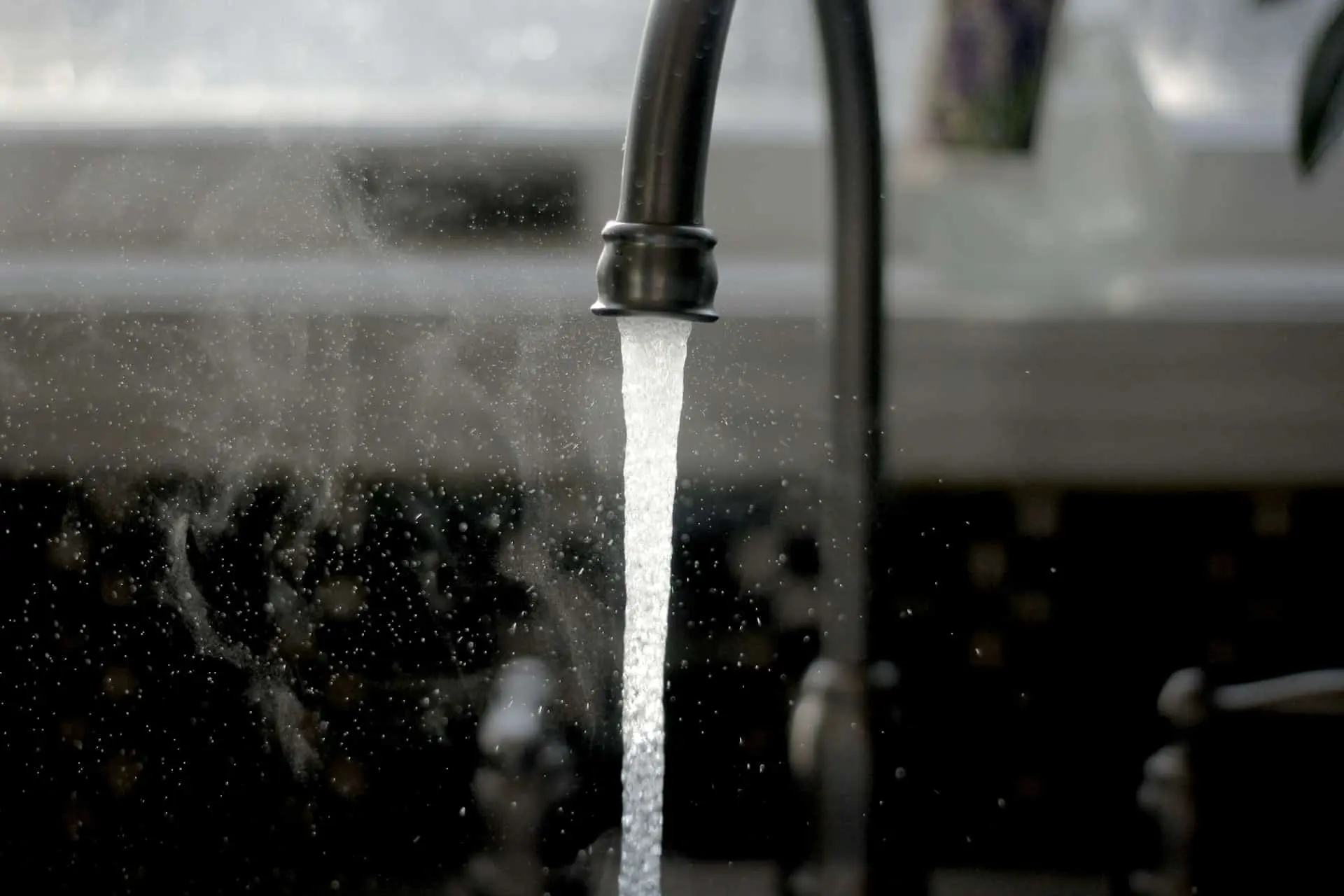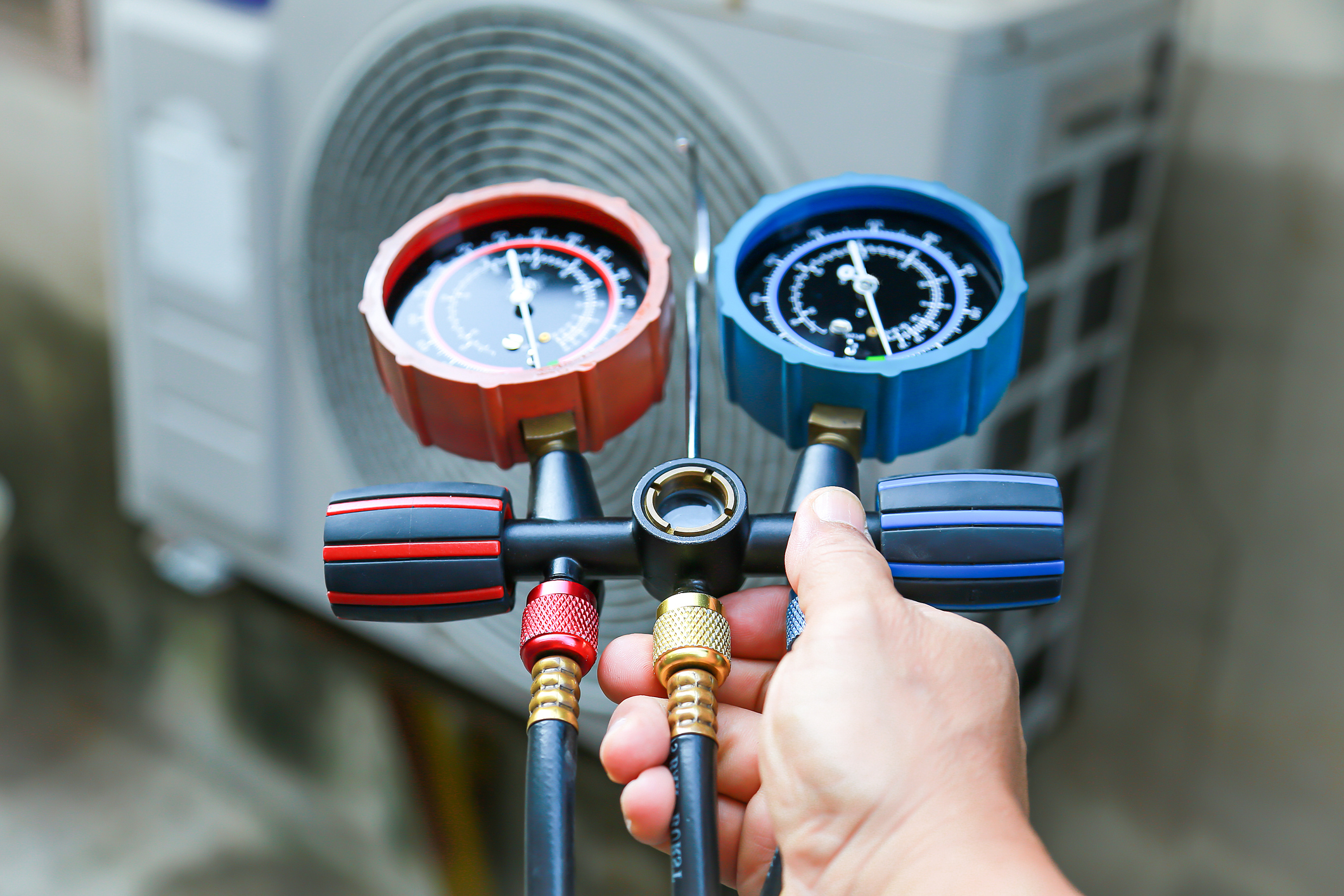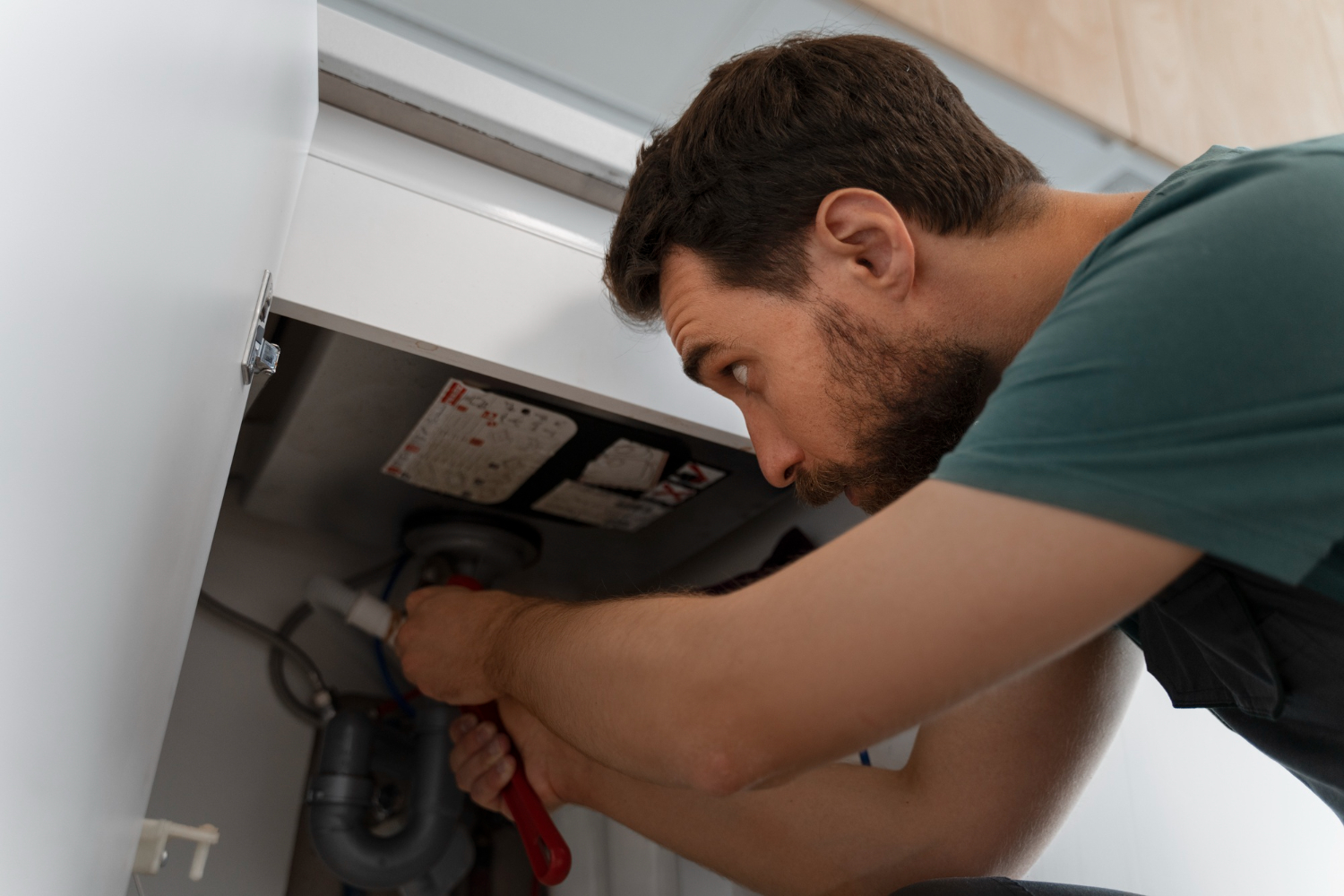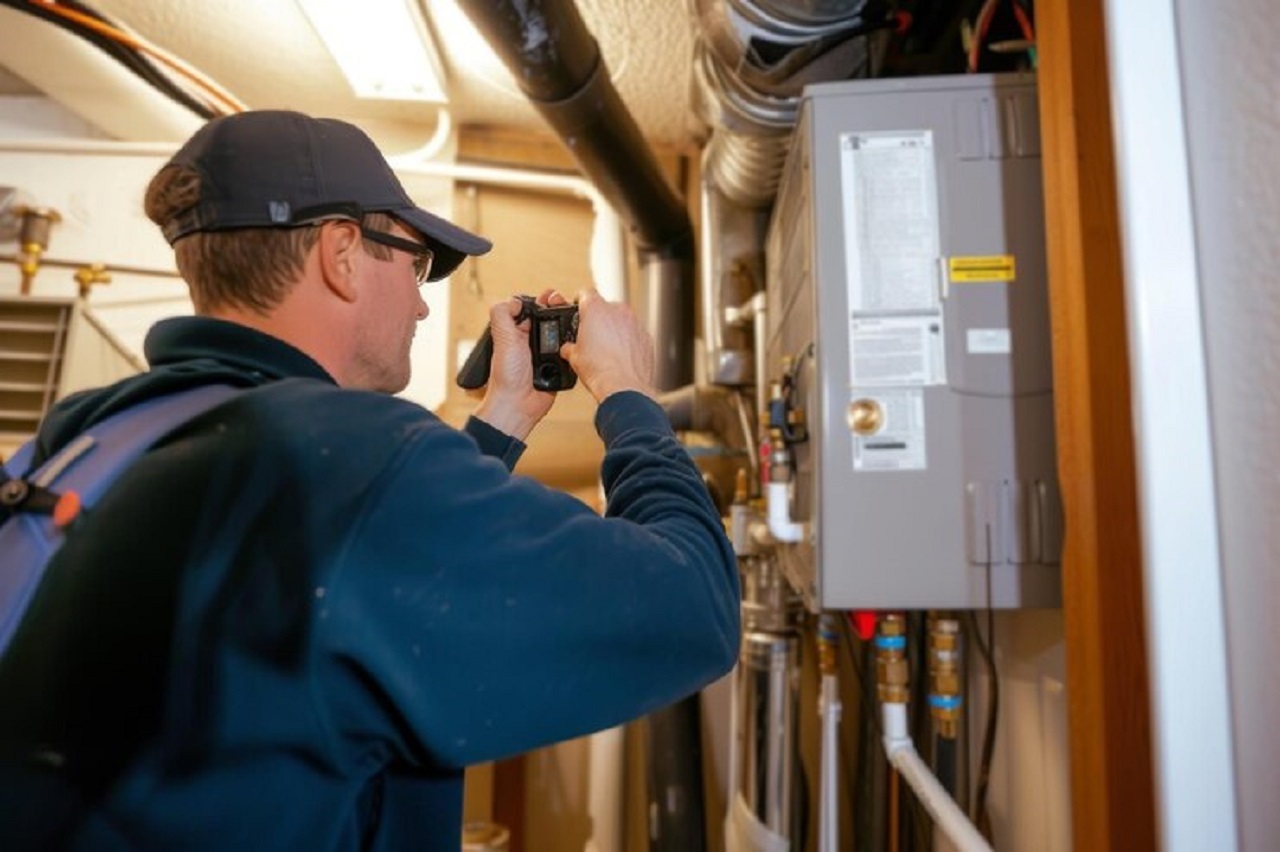A water heater is an essential component in any home, providing hot water for daily activities such as bathing, cooking, and cleaning. However, like any other appliance, water heaters can experience issues over time. Recognizing early signs of water heater failure can save you from unexpected breakdowns and costly repairs. Timely intervention can extend the life of your water heater and ensure it operates efficiently.
Our company in Southern New Jersey is dedicated to helping homeowners understand the early signs of water heater failure. Our experienced technicians provide expert advice and quality service to ensure your water heating system remains in optimal condition. Understanding these early warning signs can prevent severe damage and costly replacements.
Keep reading to learn how to identify potential problems with your water heater and take proactive steps to address them. Your proactive approach will not only enhance the efficiency of your water heater but also provide peace of mind, knowing that you have taken steps to ensure the reliability of this crucial home appliance.
Fluctuating Water Temperatures
One of the first signs of water heater failure is inconsistent water temperatures. If you notice that your hot water supply fluctuates between hot and cold, it could indicate a problem.
- Examine the Thermostat: The thermostat controls the temperature of the water. If it’s malfunctioning, it can cause erratic water temperatures. Check the thermostat settings to ensure they are configured correctly. If the settings are correct but the problem persists, the thermostat may need replacement. Our professionals can inspect and, if necessary, replace faulty thermostats.
- Check the Heating Elements: The heating elements are responsible for warming the water. If one or both of these elements have failed, it can cause inconsistent water temperature. This could mean an element may need replacing. Our technicians can diagnose heating element issues and replace them to restore consistent hot water.
Strange Noises
Another indication of water heater issues is strange noises emanating from the unit. These noises can range from banging and popping to whining or hissing.
- Identify Sediment Buildup: Sediment buildup in the tank is a common cause of strange noises. When water is heated, minerals like calcium and magnesium settle at the bottom of the tank. Over time, this sediment hardens and causes the water heater to make noise as it heats the water. Regularly flushing the tank can remove sediment and reduce noise. Our technicians recommend periodic flushing of the tank to maintain efficiency.
- Inspect the Heating Elements: Loose or faulty heating elements can also cause noise. If you hear popping or banging sounds, it may be due to these components. Tightening or replacing defective heating elements can eliminate the noise. Our professionals can inspect and service these elements to ensure quiet operation.
Water Discoloration
Discolored water is a significant sign of water heater trouble. If your hot water appears rusty or has a brownish tint, it indicates that the unit is corroding from the inside.
- Check the Anode Rod: The anode rod is a critical component designed to prevent rust from forming inside the tank. It attracts corrosive elements and eventually deteriorates, needing replacement. Inspecting the anode rod periodically and replacing it when necessary can prolong the life of your water heater. Our technicians can perform this task efficiently, ensuring the anode rod is in proper condition.
- Inspect for Corrosion: If your water heater is corroding internally, it may require more than just an anode rod replacement. In severe cases, the tank itself may need replacement. Rusty water often signals that the tank’s interior is compromised. If corrosion is detected, our professionals can recommend the best course of action, whether it involves repairing or replacing the unit.
Leaks and Puddles
Water leaks around your water heater are a clear sign of potential failure. Leaks can occur for various reasons, and addressing them promptly is essential to prevent water damage.
- Examine the Tank: The most obvious cause of leaks is a crack or hole in the tank. Inspect the tank for visible signs of damage. If the tank is leaking, it likely needs to be replaced. Our technicians can assess the damage and suggest an appropriate solution.
- Check the Valves and Connections: Sometimes, leaks originate from loose or faulty valves and connections. Inspect the pressure relief valve, drain valve, and connections for signs of leakage. Tightening these components may resolve minor leaks. If the problem persists, our professionals can replace faulty valves and connections to ensure the water heater operates leak-free.
Reduced Hot Water Supply
A noticeable decrease in the amount of hot water available is another sign that your water heater may be failing. If you find that your showers are cut short due to a lack of hot water, there might be an underlying issue.
- Inspect for Sediment Buildup: Sediment not only causes noise but also diminishes the tank’s capacity by occupying space designated for water. Flushing the tank to remove sediment can help restore the water heater’s full capacity. Our technicians recommend periodic tank flushing to mitigate this issue.
- Evaluate the Heating Elements: If your water heater struggles to maintain its hot water supply, it may be due to one of the heating elements failing. Testing and replacing faulty elements can help restore the efficiency and capacity of your water heater. Our professionals can diagnose and address heating element issues promptly.
Pilot Light Issues
The pilot light is an integral part of a water heater. Problems with the pilot light can prevent the heater from functioning properly and supplying hot water.
- Check for a Faulty Thermocouple: The thermocouple is a safety device that shuts off the gas supply if the pilot light goes out. A malfunctioning thermocouple can prevent the pilot light from staying lit. If you notice that the pilot light keeps going out, the thermocouple may need replacement. Our technicians can inspect and replace faulty thermocouples to ensure your water heater operates safely.
- Determine If There’s a Gas Supply: A problem with the gas supply can also cause pilot light issues. Ensure that the gas valve is open and the supply is uninterrupted. If the gas supply is fine but the pilot light remains unlit, our professionals can diagnose and resolve the problem.
Slow Hot Water Recovery
If it takes a long time for your water heater to provide hot water after use, this slow recovery rate may indicate a problem.
- Inspect the Dip Tube: The dip tube directs cold water to the bottom of the tank where it is heated. A damaged dip tube can mix cold water with the hot water near the top of the tank, reducing the efficiency of water heating. Inspect the dip tube for cracks or breaks. Replacing a faulty dip tube can improve the recovery rate of your water heater. Our technicians can provide efficient dip tube replacements.
- Evaluate Tank Size and Demand: Sometimes, a slow recovery rate is due to the water heater being undersized for your household’s hot water demands. Evaluating whether your current unit meets your needs is essential. If your household has outgrown the capacity of the water heater, consider upgrading to a larger model. Our professionals can recommend a suitable water heater size to meet your needs.
Inadequate Water Pressure
Low water pressure when using hot water can be frustrating and may indicate an issue with the water heater.
- Check for Sediment and Mineral Buildup: Sediment and mineral deposits can clog the water lines, reducing water pressure. Cleaning the tank and flushing out sediment can help restore water pressure. Regular maintenance prevents buildup and maintains efficient water flow. Our technicians can perform thorough cleanings to remove sediment buildup from your water heater.
- Inspect the Valves: A partially closed valve can also cause low water pressure. Check the cold water inlet and outlet valves to ensure they are fully open. Adjusting these valves can sometimes resolve pressure issues. If the problem persists, our professionals can inspect and replace any faulty valves to ensure proper water pressure.
- Age of the Water Heater: The age of your water heater plays a significant role in its performance and reliability. Older units are more prone to failures and inefficiencies.
- Consider the Lifespan: Most water heaters have a lifespan of about 10-15 years. If your unit is nearing or has surpassed this age range, it may be time to consider a replacement. Older units are more likely to experience frequent issues and reduced efficiency. Our professionals can help you assess whether it’s time for a new water heater based on the age and condition of your current unit.
- Look for Warning Signs: Be vigilant for any of the previously mentioned signs, especially as your water heater ages. Regular inspections help identify emerging problems early. If you notice multiple issues, it’s prudent to consider replacing the water heater to avoid unexpected breakdowns. Our technicians can guide you through the process of selecting and installing a new, energy-efficient model.
Foul Odors
Unpleasant smells coming from your hot water can indicate problems with the water heater. Promptly addressing these odors ensures water quality and safety.
- Inspect for Bacterial Growth: Bacterial growth in the tank can cause foul-smelling water, often described as a “rotten egg” odor. Flushing the tank with a solution of water and hydrogen peroxide can eliminate bacteria. Ensuring the tank is maintained at the correct temperature can also prevent bacterial growth. Our professionals can perform thorough cleanings and recommend maintenance practices to prevent odors.
- Check the Anode Rod: As mentioned earlier, a deteriorating anode rod can contribute to foul odors. Regularly inspecting and replacing the anode rod can prevent this issue. Maintaining a healthy anode rod is crucial for both preventing odors and protecting the tank from corrosion. Our technicians can ensure your anode rod is in good condition.
Increased Energy Bills
A sudden spike in your energy bills might be linked to your water heater. If the unit is working harder than usual, it will consume more energy, resulting in higher costs.
- Inspect Heating Elements and Burners: Faulty heating elements or burners cause the water heater to operate inefficiently. If these components are not functioning correctly, the heater will struggle to maintain the desired water temperature, using more energy in the process. Regular inspection and maintenance of heating elements and burners ensure they are in good working order. Our technicians can assess and replace any faulty elements to improve energy efficiency.
- Check Insulation: Poor insulation in your water heater can lead to heat loss, causing the unit to run continuously to keep the water hot. Ensure that the tank and pipes are properly insulated. Adding insulation can help maintain water temperature and reduce energy consumption. Our professionals can recommend and install suitable insulation materials.
Poor Hot Water Quality
If the quality of your hot water deteriorates, this can indicate issues within the water heater system. Poor hot water quality includes issues like cloudy water or unusual tastes.
- Clean the Tank: Over time, sediment and mineral deposits can accumulate in the tank, affecting water quality. Regularly flushing the tank removes these deposits and improves water clarity and taste. Our technicians can perform thorough tank cleanings to ensure the water remains clean and clear.
- Inspect for Corrosion: Corrosion in the tank or water lines can impact water quality. Rusty pipes or a corroded tank can result in discolored water and unpleasant tastes. Inspecting and replacing corroded components can restore water quality. Our professionals can identify and address corrosion issues, ensuring your hot water supply remains safe and palatable.
Ensuring Long-Term Performance of Your Water Heater
Recognizing the early signs of water heater failure and taking proactive steps to address them can significantly extend the life of your appliance and ensure a consistent supply of hot water. Issues such as fluctuating water temperatures, strange noises, water discoloration, leaks, and increased energy bills should never be ignored. By regularly inspecting and maintaining your water heater, you can prevent costly repairs and avoid inconvenient disruptions.
Don’t wait until a minor issue turns into a major problem. Reach out to EnviroSafe Plumbing, Heating, Air Conditioning, and Water Treatment to schedule a comprehensive inspection of your water heater. Our professionals are ready to provide you with expert advice and top-quality water heater repair in Vineland, NJ, to keep it in optimal condition. Contact us today to ensure your water heater performs reliably for years to come.








